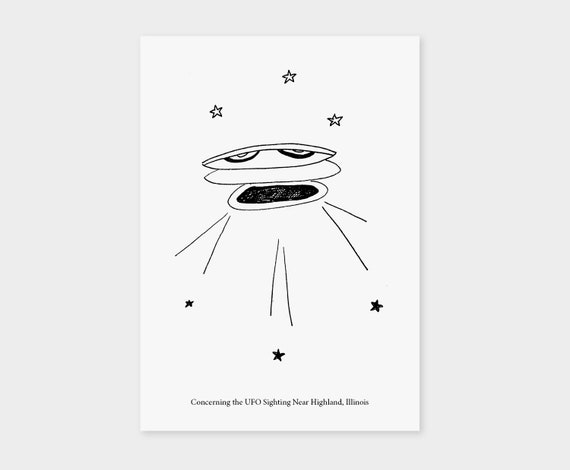Sufjan Stevens Illinois Zip Lines

The Album: (2003) The Song: “Oh Detroit, Lift Up Your Weary Head! Reconsider!)” The Word: Maximalist Sufjan Stevens’ music, with its frequent deployment of repetitive melodic and rhythmic loops, has often been compared to the minimalist music of composers such as Terry Riley, Steve Reich, and Phillip Glass. While it may be minimalist in musico-technical terms, the overarching aesthetic of much of Stevens’ music could only be described as maximalist. Take, for example, “Oh Detroit, Lift Up Your Weary Head! Reconsider!)” from 2003’s Michigan.
Oct 30, 2010 - Sufjan Stevens could hardly get his second song off for the almost. Enter City and State or Zip Code. For the first 90 minutes, Stevens, who rose to fame on 2005's indie folk 'Illinoise,' stuck to. Did yoga-like pantomime as they recited the opening lines to 'Vesuvius' in front of two stories of animated fire.
The track begins inconspicuously enough, with bells playing a short and simple repeated pattern. They soon fade into the background, however, as more percussion joins in, then piano and brass, then the drums, and finally an ensemble of oboes (yes, oboes!). Before we’ve even reached the thirty second mark, a densely textured groove has been established, bursting with energy, color, and rhythmic vitality. Should we throw a chorus in there too (2:36)? Sure, why not! For Stevens, more is more. Less is more, too.
That is to say: the “less” of minimalism (a relatively economical set of musical materials, repeated many times over) is ultimately made to serve the broader maximalist aesthetic, as in the opening of “Oh Detroit.” Plus, all of that looping and repetition builds tension, which is more often than not released in a climactic moment, as in the song’s wonderfully cacophonous zenith (4:18). And the best part? For listeners, Stevens’ maximalist taste means that his music is eternally renewable—you will never run out of new details to discover. More songs like this: “Come On! Feel the Illinoise!,” “Chicago,” and “Jacksonville” from Illinois; “They Also Mourn Who Do Not Wear Black (For the Homeless in Muskegon)” from Michigan. The Album: (2010) The Song: “Too Much” The Word: Electr(on)ic Fairly or not, we often demand consistency from the artists we love.
But musicians are people, and people are notoriously inconsistent. So it really should not have come as a surprise when The Age of Adz failed to replicate the sound of Stevens’ previous work. The album, Stevens’ “going electric” moment, was largely well-received, but some listeners lamented the shift in style. And who could blame them?
The electronic bleeps and bloops that populate The Age of Adz do occasionally feel out of place, and it’s hard to watch Stevens perform “Too Much” on Jimmy Fallon’s show without thinking that he was experimenting with something that never quite clicked. Trivial pursuit unhinged pc free download. Listen close, though, and you will hear in “Too Much” many of the trademarks of Stevens’ style, in particular the earnest, aspirational lyrics (“If I was a different man, if I had blood in my eyes / I could have read of your heart, I could have read of your mind”), boppy choruses, and ecstatic cacophony that epitomize Stevens’ more upbeat tracks. People change, but people stay the same too.
For all of its eccentricities, The Age of Adz is still a Sufjan Stevens album, and “Too Much” really is a quintessentially Sufjan Stevens song. All that’s missing is the banjo. The Album: (2006) The Song: “Angels We Have Heard On High” The Word: Interlude A 46-second, all-bells rendition of a Christmas carol may seem like an odd choice in this context—and that’s sort of the point. Stevens’ mid-2000s albums are bursting with interludes, postludes, trifles, and bagatelles, and these are the tracks that often get squeezed out of the repertory via playlists, shuffle mode, and best-of articles. That’s a shame, because many of them are miniature masterpieces. “Angels We Have Heard On High,” for example, offers a fresh take on a tired Christmas standard, its pulsating brightness convincingly evoking its celestial subjects. “Angels,” like many of these short tracks, offers a moment of wordless reprise between longer tracks—the beautiful “Alanson, Crooked River” and “Tahquamenon Falls” from Michigan serve a similar purpose.